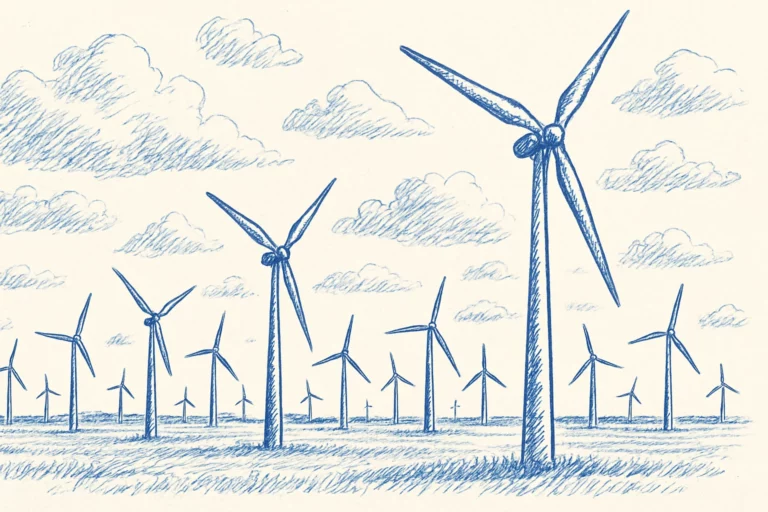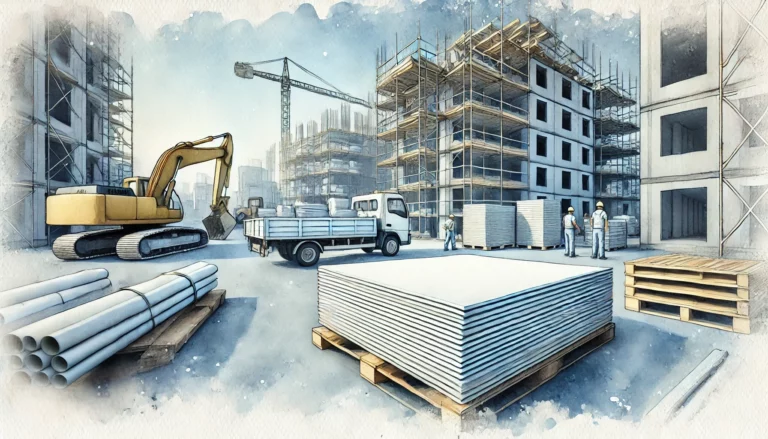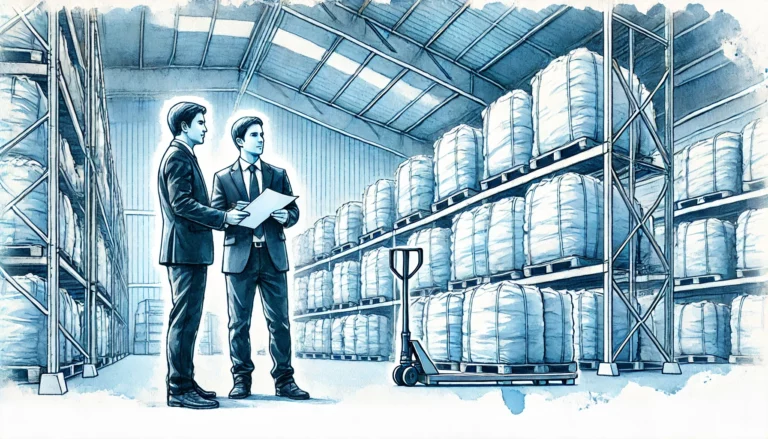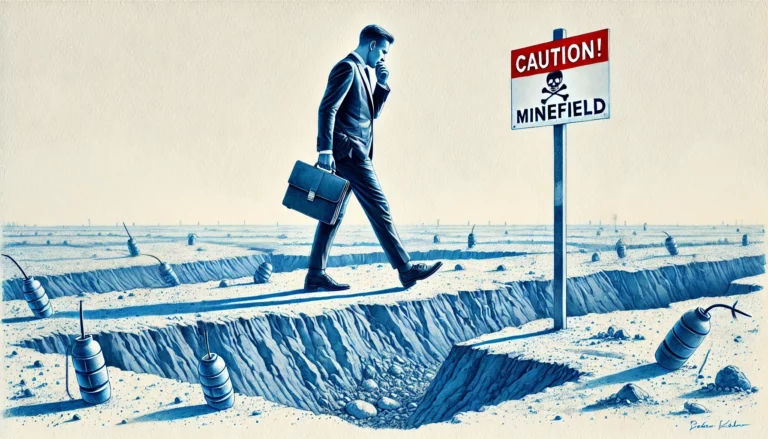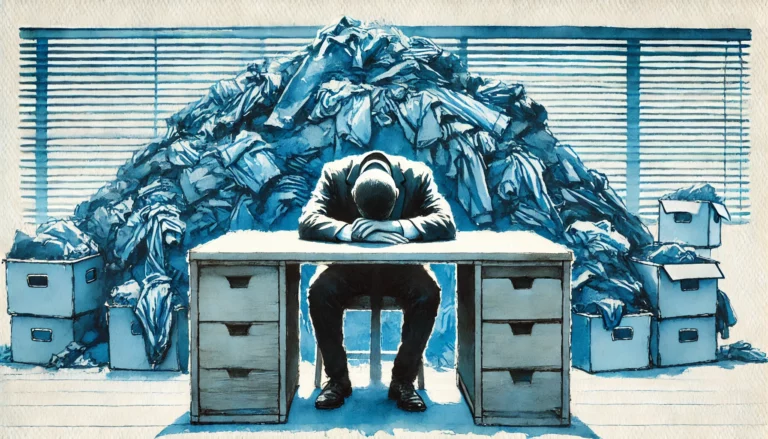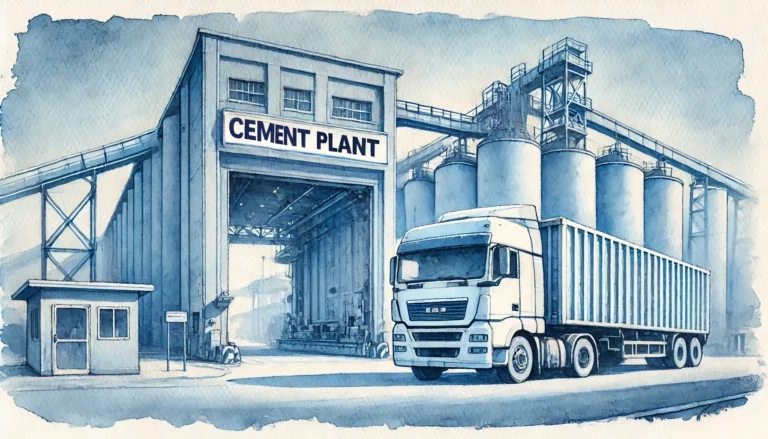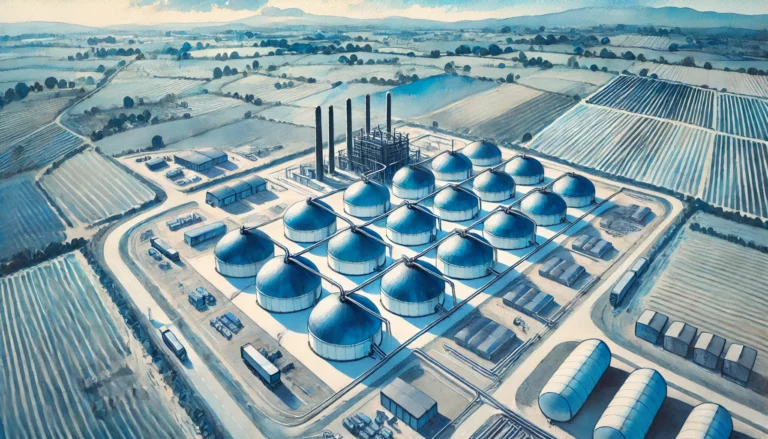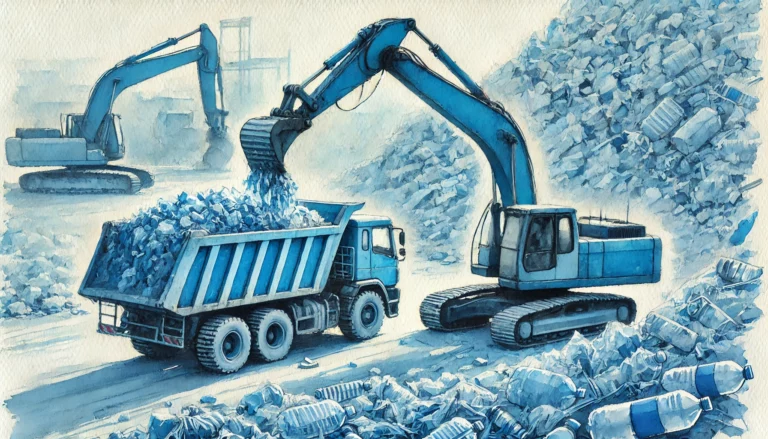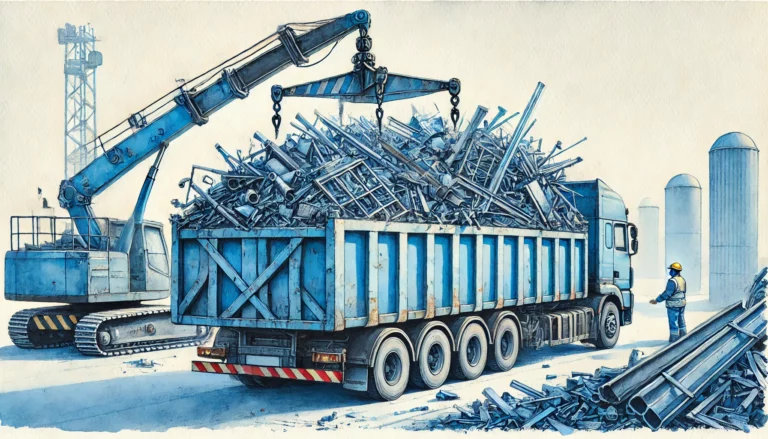Wind turbine blade recycling: the high stakes, real solutions & road to circularity
SHARE THIS ARTICLE Wind energy has become one of the defining pillars of the global energy transition. Turbines dot landscapes, both onshore and offshore, delivering clean electricity. Yet, as the first generation of turbines ages, a pressing issue looms: what to do with the blades when their operational life ends? Unlike towers or nacelles made predominantly of…

